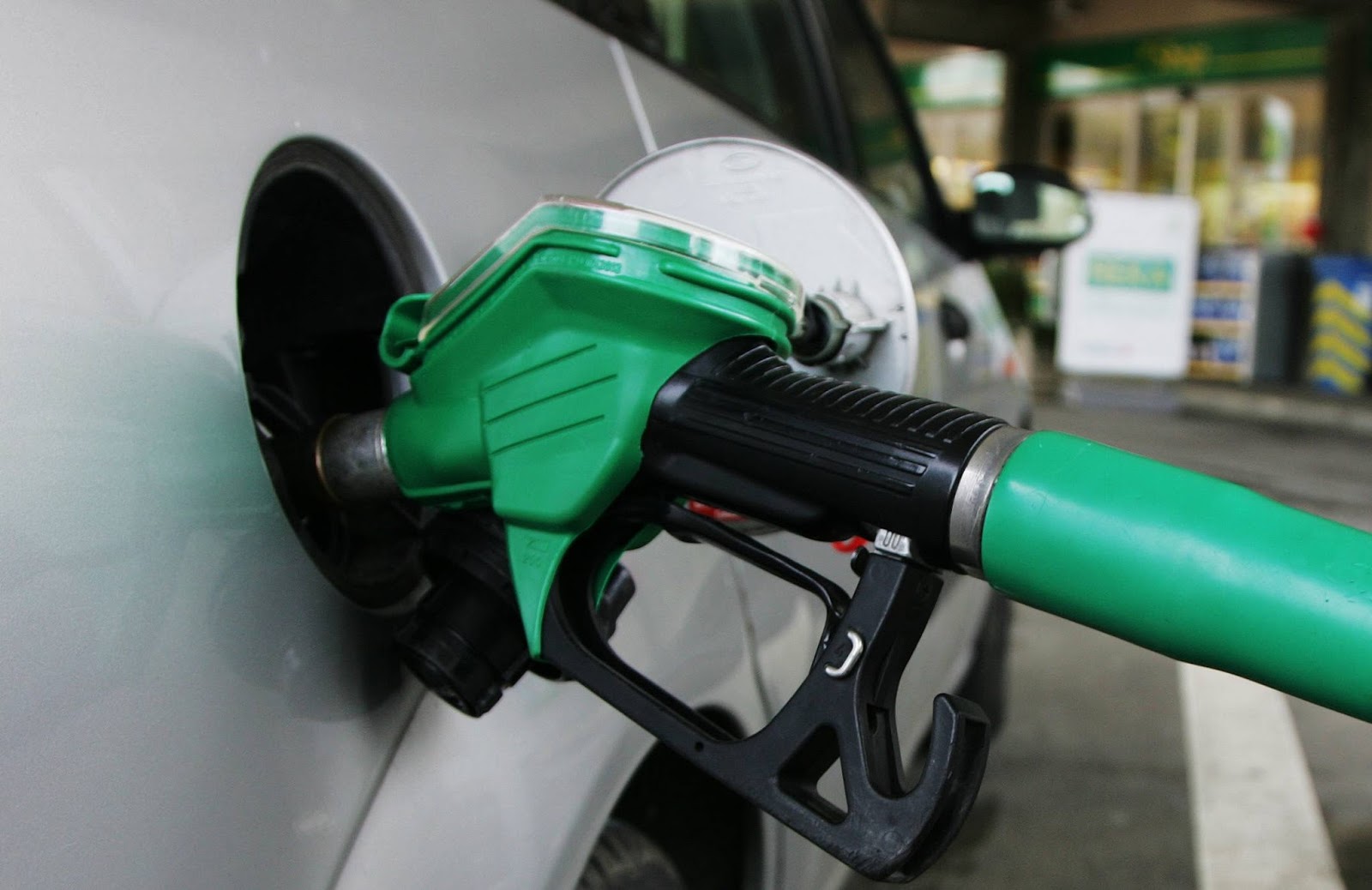Sometime this year, most likely in the second quarter, the Buhari administration will increase the pump price of Premium Motor Spirit (PMS) from the present price which hovers between N161 and N165 per litre to N340 per litre. From all permutations, this move carries with it the potential to reverberate through the country in ways that will ignite actions that will aggravate its already tensile fabric.
The government hinges this move largely on the passage of the Petroleum Industry Act (PIA) which provides for the unbundling of the Nigeria National Petroleum Company (NNPC) into commercially-run entities, thereby deregulating the entire operations of the oil and gas sector. One of the fallouts from this is that the government will, from the date of the take-off of these entities in the middle of this year as provided in the PIA, desist from direct intervention in the affairs of the sector of which the payment of ‘’subsidies’’ to ensure supply of fuel is identified as one of the prominent intervention mechanisms in the sector.
- Why Ikoyi building collapsed – Panel of inquiry
- Banditry: Police arrest Chinese nationals, miners in Kogi, Niger, Kaduna
The government prefers to call it the removal of ‘’subsidy’’ rather than what it really is; increase in the prices of fuel. Calling it ‘’subsidy’’ removal reinforces the government’s claim to benevolence; spending beyond what is economically necessary and prudent to ensure a steady supply of this commodity affordably to the people.
Further to the argument on benevolence, the government with elaborate paternalism has now come to claim the moral justification of removing this ‘’economically inefficient’’ humongous amount spent annually in ‘’subsidising’’ the supply of this commodity with the predictable explanation that such monies saved will be channelled towards providing and improving basic services like healthcare, transportation, and education to the people. To make this argument convincing, the government says that the ‘’subsidies’’ rather than benefit the people to whom it was meant, goes instead to the well-connected fat cats in the system who skim off huge profits through all kinds of shady practices. So if the ‘’subsidies’’ are removed, the inefficiencies embedded in the process will disappear, allowing the principles of free-market to govern the supply, marketing and pricing of the commodity to the advantage of all.
Figures amounting to N1.8 trillion are being bandied about as the cost to the government on this ‘’subsidy’’. Not only have government spokesmen and spin doctors gone on a spin overdrive explaining why this figure is unsustainable; certain public figures have weighed in with the argument that the continued retention of the ‘’subsidy’’ makes Nigerian fuel prices cheapest in the West African sub-region, the result of which encourages cross border smuggling of the commodity. Some even came in with the hot ‘’intelligence’’ information that due to the continuous flow of cheap oil from Nigeria through smuggling, neighbouring countries have shelved plans to build their own refineries to process their crude oil.
These arguments are as legion as they are ridiculous and disingenuous. It is the classic template that has been repeatedly regurgitated right from when military President Babangida introduced his Structural Adjustment Plans (SAP) under the auspices of the International Monetary Fund (IMF) when he shot his way to power in 1985. Since then, every other government has dredged up this set of arguments to justify its implementation of IMF policies in the country.
The Buhari administration despite its populist pretensions has been following in like manner with its devaluation, liberalisation and removal of ‘’subsidies’’ since coming to power in 2015.
Because the government has tended to exclusively reserve to itself the wisdom of explaining and implementing the measure it has either inadvertently glossed over or deliberately chosen to ignore the fundamental contradictions in its presentations and positions on the ‘’subsidy’’ debate. And this is where the danger lies. The situation is akin to a driver with a full busload of passengers recklessly and dangerously on the highway who is at once oblivious to the dangers of his untoward behaviour and also impervious to protests and complaints from his passengers about his conduct. We are all too familiar with these unwholesome scenarios on our roads and it is hardly surprising that our government is also adopting this posture on the ‘’subsidy’’ debate.
But we cannot allow such inane considerations to deter us from critically analysing this very important issue which by the way transcends the realm of economics which the government wants us to focus only on. In reality, the issue encompasses the political, social, security and sovereignty aspects of our lives as Nigerians. And in this wise, the government will be doing a disservice to itself and to Nigerians if it considers this issue purely from a point of view of cost accounting or econometrics leaving the even more significant areas that the effect of the increase in fuel prices which it is now contemplating will bring to the country.
First off, what immediately registers in our minds on the government’s position on the ‘’subsidy’’ debate is the contradiction in the numbers. The government says it spends N1.8 trillion naira annually to ‘’subsidise’’ the supply of petroleum and to cushion the effect of this withdrawal, it intends to make monthly direct cash transfers of N5000 to up to 40 million Nigerians in the vulnerability bracket as transportation ‘’subsidy’’ for a year following the withdrawal; off head that amounts to N2 trillion. What this means is that government intends to spend N2 trillion to remove a ‘’subsidy’’ of N1.8 trillion! How convincing is that? Secondly, a government

 Join Daily Trust WhatsApp Community For Quick Access To News and Happenings Around You.
Join Daily Trust WhatsApp Community For Quick Access To News and Happenings Around You.


